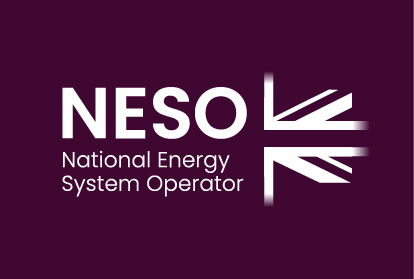The current LFDD schemes do not take into account the move to decarbonize through growth of distributed generation and decreasing system inertia. This reduces the effectiveness of LFDD schemes.
The objectives of the project is to design and test a new LFDD scheme to maximise its future performance as the network continues to decarbonisation, Distribution Generation (DG) integration increases, and system inertia continues to decrease.
Objectives
The objectives of the project is to design and test a new LFDD scheme to maximise its future performance as the network continues to decarbonisation, Distribution Generation (DG) integration increases, and system inertia continues to decrease.
Learnings
Outcomes
The outcomes of the project are summarized below:
Following an extensive literature review, the key challenges associated with the current LFDD scheme were determined to be the disconnection of Distributed Generation (DG), the reduction in network inertia, and the customer impact of LFDD operation. A key outcome of this project was to determine potential alternative LFDD design options that could replace the existing LFDD scheme. A wide list of alternative LFDD scheme design options were produced following the literature review, before being shortlisted using an impact scoring matrix and techno-economic assessment. The final solutions considered were: “Optimisation of LFDD relay settings”, “Disabling LFDD relays during power export”, and “Relocation of LFDD relays to lower voltages with disabling during power export functionality”.
After investigating consumer impact within the LFDD scheme it was determined that the current informal approach1 that the DNOs take to assessing consumer impact was suitable given the role and aim of the scheme. Value of Lost Load (VoLL) could be used to consider consumer impact in a ‘tie-breaker’ situation, where all other considerations are equal (e.g. the DNOs have used their existing approach, the same amount of demand and same types of customers being disconnected). A gap-analysis was performed for the barriers of each of the final shortlisted options. The “Optimisation of LFDD relay settings” solution was found to be the most optimal LFDD design option (in terms of implementation) as it had an overall implementation barrier severity level of Low.
Lessons Learnt
Project outcomes
The key challenges associated with the current LFDD scheme were determined to be the disconnection of DG, the reduction in network inertia, and the customer impact of LFDD operation.
VoLL can be used as a value of consumer impact which could be implemented in a ‘tie-breaker’ situation where all other considerations are equal (e.g. the same amount of demand and same types of customers being disconnected).
Of the final three shortlisted alternative LFDD design options, the “Optimisation of LFDD relay settings” solution was determined to be the most optimal alternative LFDD design solution to upgrade the existing LFDD scheme.
Review of benefits case
The project can improve the security of the system in the HILP event and also enable economic optimization to minimize disruption in such extreme events. The SHEDD project has been used to support the work carried out in WPD’s RIIO-ED2 business plan, as well as inputting into discussions within the E3C working group. The final shortlisted solutions (“Optimisation of LFDD relay settings”, “Disabling LFDD relays during power export”, and “Relocation of LFDD relays to lower voltages with disabling during power export functionality”) can be considered in any future development of the LFDD scheme, with the projects outputs able to assist in policy updates required.
Dissemination
The project had multiple knowledge exchange and dissemination activities that were carried out to gain feedback on the shortlisted design options and generate any further insights. The numerous activities are listed below (in chronological order):
- September 2020 DNO Engagement Event
- October 2020 DNO Engagement Survey
- November 2020 E3C Engagement Event
- March 2021 E3C & Electricity Task Group (ETG) Engagement Event
- June 2021 E3C Engagement Event
- September 2021 CIGRE UK Webinar
- September 2021 Technical DNO Engagement Survey
- Closedown Report
- Public Webinar
- E3C Webinar
- Conference Paper




